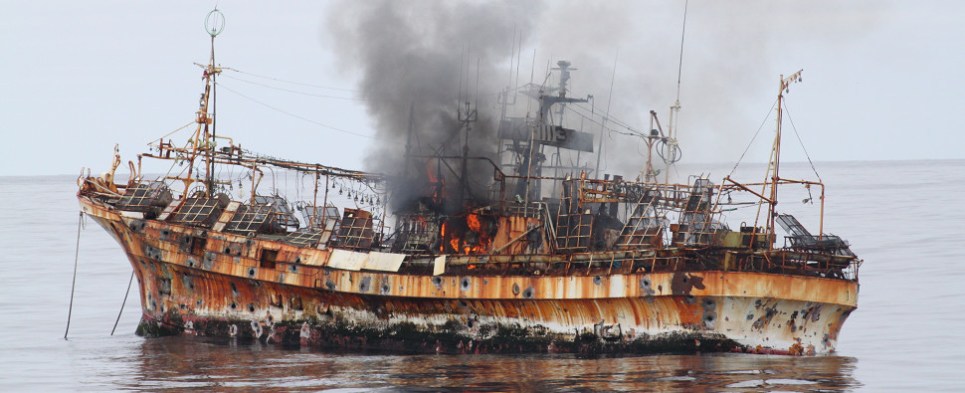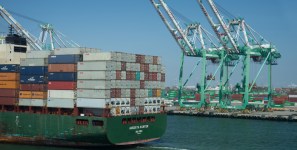Seafarers: New EU Measures to Improve Working Conditions
The European Commission is proposing that an agreement to improve the working conditions of seafarers on board of EU-flagged vessels be enshrined in EU law.
The proposal will ensure that seafarers are better protected against abandonment in foreign ports, and will strengthen their rights to compensation in the event of death or long-term disability due to an occupational injury, illness, or hazard.
“Maritime transport remains crucial for Europe’s economic development,” said Marianne Thyssen, the EC’s employment commissioner. “Today’s proposal will strengthen seafarers’ protection and underpin fair competition in the maritime sector. Improved working conditions will also make the shipping sector more attractive for young Europeans. This proposal is an excellent example of how social partners support the Commission in keeping EU law fit for purpose.”
The global nature of the shipping industry, with different national laws applying depending on the state of the ship owner, the flag state of the vessel or the nationality of the crew, make it difficult for seafarers to get speedy and satisfactory redress in case of abandonment, injury or death. What the commission is proposing are improvements to the existing system.
The proposal will improve seafarers’ protection in the event of abandonment, including when the ship owner fails to pay contractual wages for a period of at least two months, or when the ship owner has left the seafarer without the necessary maintenance and support to execute ship operations. This will not only benefit seafarers, noted Thyssen, but also EU port authorities, as it will result in fewer abandonment cases.
According to data collected by the International Labor Organization, since 2004, 192 merchant ships have been abandoned, of which 21 were EU-flagged vessels. In 2016 five merchant vessels and 58 seafarers were abandoned in EU ports.
The proposal will also improve the mechanisms by which compensation is provided. It will make the payment of claims quicker and easier, which will help avoid the long delays in payment and red tape that seafarers or their families frequently encounter in case of abandonments or in case of death or long-term disability resulting from accidents or illness at work.
The International Labor Organization adopted the Maritime Labor Convention (MLC) in 2006, aiming to create a single, coherent instrument embodying all up-to-date standards applying to international maritime labor. It provides a set of rights and protection measures at work for all seafarers regardless of their nationality or the flag of the ship. So far the MLC has been ratified by 81 countries.





Leave a Reply